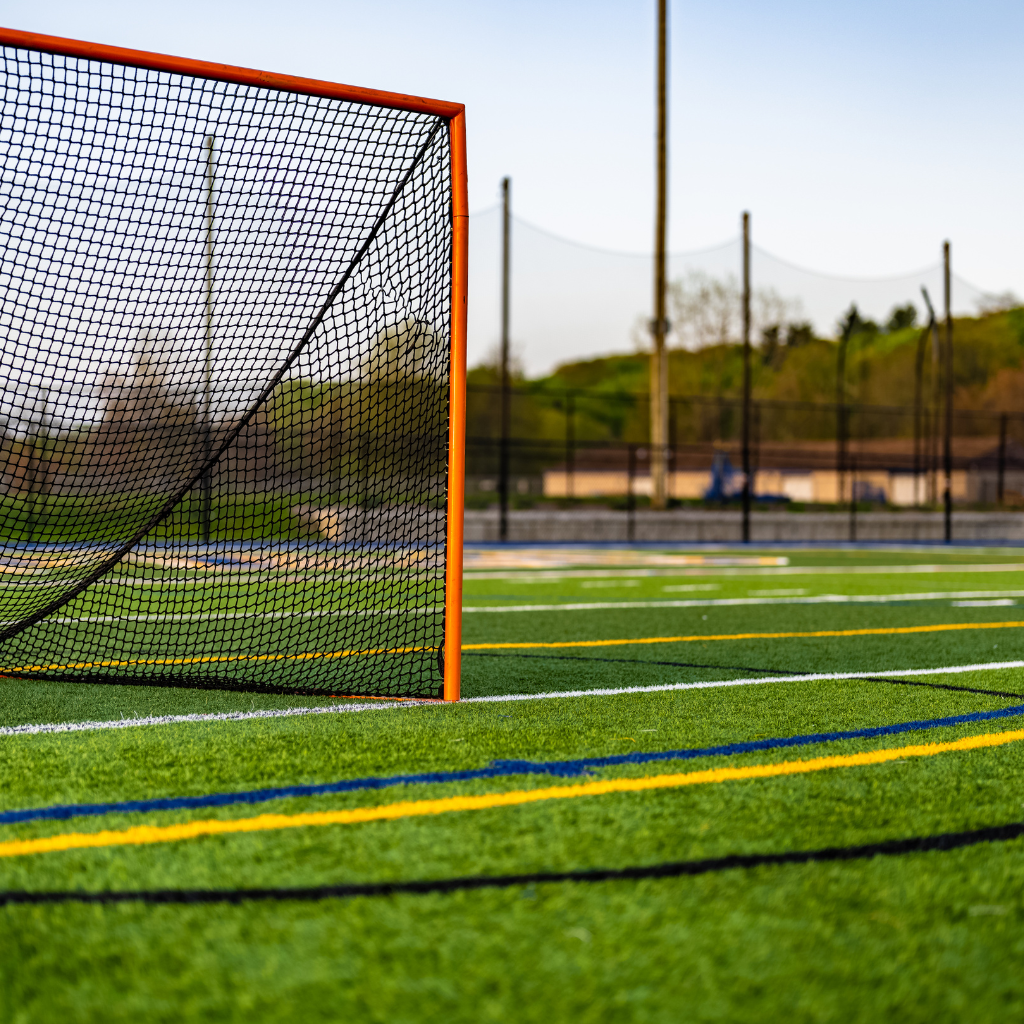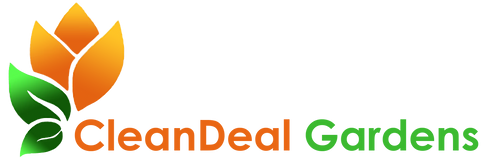Football is one of the most popular sports in the UAE, with fields in high demand year-round. But in a country known for its hot, dry climate, maintaining natural grass fields can be a costly and challenging endeavor. Synthetic turf has emerged as an ideal solution, offering a durable, low-maintenance, and environmentally-friendly alternative that can withstand the UAE’s extreme weather. Here, we explore the key benefits of synthetic turf for football fields and why it’s becoming a go-to choice for stadiums, schools, and recreational facilities across the UAE.
1. Durability and Longevity
The UAE’s climate poses unique challenges for maintaining natural grass. The intense heat, coupled with limited rainfall, can lead to the deterioration of natural grass fields. Synthetic turf, on the other hand, is designed to handle high traffic, heat, and various environmental factors. Made from durable materials, synthetic turf holds up well even with constant use, ensuring a longer lifespan than natural grass. This longevity makes it an ideal choice for facilities looking to maximize their investment and provide a reliable playing surface over time.
2. All-Weather Usability
Synthetic turf fields remain playable regardless of weather conditions, a significant advantage for football fields in the UAE. During the summer months, intense heat can make natural grass dry out and become unsafe or uncomfortable for players. Synthetic turf is heat-resistant and won’t become muddy or waterlogged after rare but heavy rains, allowing games and training sessions to proceed without delay. This all-weather usability makes synthetic turf an ideal choice for maintaining a consistent and safe playing surface year-round.
3. Low Maintenance and Cost-Effective
Natural grass requires constant upkeep, from watering and mowing to fertilizing and pest control, making it a time-consuming and costly choice in the UAE’s arid climate. Synthetic turf, however, requires minimal maintenance. Occasional brushing, debris removal, and periodic cleaning are typically all that’s needed to keep synthetic turf in optimal condition. This low-maintenance solution helps facilities significantly reduce operational costs, as there’s no need for expensive irrigation systems or chemicals to maintain the field’s appearance and functionality.
4. Water Conservation
In an arid climate like the UAE, water conservation is a critical consideration. Natural grass fields require vast amounts of water to stay lush and green, which can be both costly and unsustainable. Synthetic turf eliminates the need for watering entirely, conserving a precious resource in the region. This not only helps organizations meet environmental goals but also contributes to long-term cost savings on water bills, making synthetic turf an eco-friendly and financially sound option.
5. Enhanced Safety and Comfort
Safety is paramount in any sports facility, and synthetic turf offers a consistent playing surface with improved shock absorption and traction, helping reduce the risk of injuries. Today’s synthetic turf is designed with player safety in mind, incorporating advanced infill materials that mimic the feel of natural grass while offering enhanced comfort and cushioning. With reduced risks of tripping and sliding, synthetic turf provides a safer environment for athletes and recreational players alike.
6. Aesthetic Appeal and Consistent Quality
Synthetic turf maintains a vibrant, green appearance year-round, unlike natural grass, which can become patchy, dry, or muddy in extreme weather. Facilities using synthetic turf benefit from a visually appealing, professional-looking field without the need for constant upkeep. This consistency in appearance also enhances the viewing experience for spectators, making synthetic turf a popular choice for both professional and community sports venues in the UAE.
7. Sustainable and Environmentally Friendly
For facilities committed to reducing their environmental footprint, synthetic turf is a more sustainable choice than natural grass. Besides conserving water, synthetic turf reduces the need for fertilizers, pesticides, and other chemicals that can have harmful environmental effects. Many synthetic turf options are also recyclable, allowing fields to be repurposed or safely disposed of at the end of their lifespan.
8. Ideal for High-Traffic Fields
In the UAE, football fields are in high demand, serving schools, community centers, and professional teams alike. Natural grass can struggle to handle the wear and tear of frequent use, especially in extreme heat. Synthetic turf, however, is built for high-traffic environments, with materials engineered to resist damage and stay intact despite constant play. This resilience ensures the field remains safe, level, and suitable for play, regardless of usage frequency.
9. Reduced Heat Absorption with Advanced Technology
Although synthetic turf can absorb heat, newer technology has introduced heat-resistant materials and infills that reduce surface temperature, making it more comfortable for players in hot climates. Many synthetic turf providers now offer options specifically designed for high-heat areas like the UAE, incorporating cooling infills and reflective fibers that keep the surface temperature lower, making it safer and more comfortable during peak sun hours.
Why Synthetic Turf is the Future for Football Fields in the UAE
In conclusion, synthetic turf offers numerous advantages for football fields in the UAE, including durability, low maintenance, and the ability to withstand the extreme climate. From water conservation and reduced maintenance costs to enhanced safety and year-round usability, synthetic turf provides a practical solution for facilities looking to deliver high-quality playing surfaces for athletes of all levels.
With the support of local experts in artificial turf solutions, UAE sports facilities can enjoy a cost-effective, sustainable, and attractive field that enhances the sports experience for players and spectators alike. For those in the UAE looking to upgrade their football fields, synthetic turf represents a forward-thinking investment in quality, safety, and sustainability.

